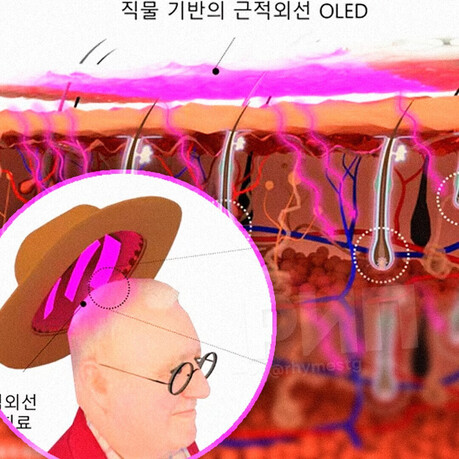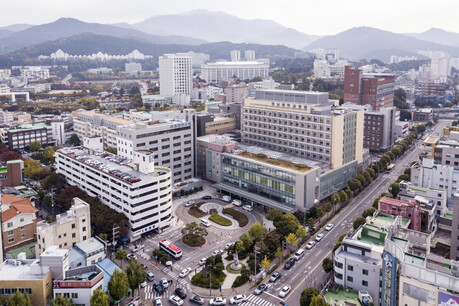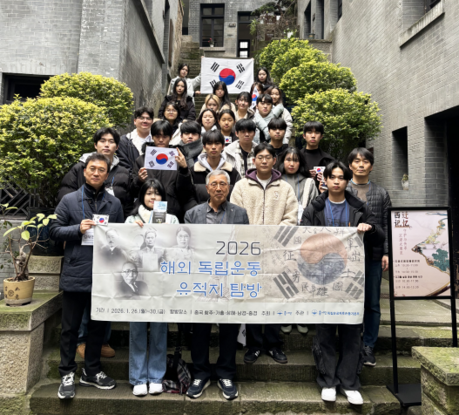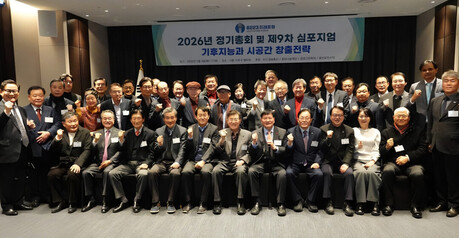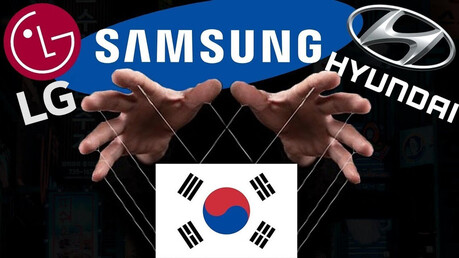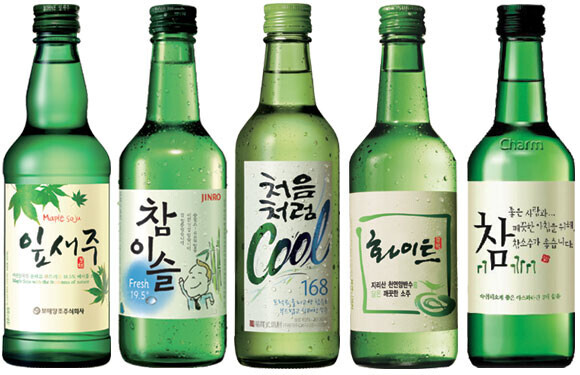
Soju, a distilled spirit originating from Korea, has gained significant global popularity in recent years, especially among younger generations. This clear, colorless liquor, often compared to vodka, is a staple of Korean culture and is typically enjoyed neat or mixed with various beverages.
History and Production
Soju's history can be traced back centuries. Traditionally made from rice, it has evolved over time to include other starches such as sweet potato, wheat, or barley. The distillation process involves fermenting grains to produce alcohol, which is then purified and diluted to the desired proof.
Taste and Serving
Soju is known for its smooth and slightly sweet taste, with a lower alcohol content compared to many Western spirits. Its versatility makes it a popular choice for a wide range of occasions. Soju is often consumed chilled and served in small glasses, and it can be enjoyed on its own or as a mixer in cocktails. Popular soju cocktails include soju bombs, soju mixed with fruit juices, and soju mixed with beer.
Cultural Significance
Soju plays a central role in Korean culture and is often associated with social gatherings and celebrations. It is commonly consumed with Korean barbecue, fried chicken, and other traditional dishes. Soju has also become a symbol of Korean identity and has helped to promote Korean culture around the world.
Global Popularity
The global popularity of soju can be attributed to several factors, including its affordability, versatility, and association with Korean pop culture. Soju has become a trendy drink in many countries, particularly among young people. As Korean cuisine and culture continue to gain traction worldwide, soju is expected to become even more popular in the years to come.
Conclusion
Soju is more than just a spirit; it is a cultural icon that has captured the hearts of people around the world. With its smooth taste, affordability, and versatility, soju is poised to continue its global ascent.
source : Global Economic Times(https://www.globaleconomictimes.kr)
[Copyright (c) Global Economic Times. All Rights Reserved.]

















